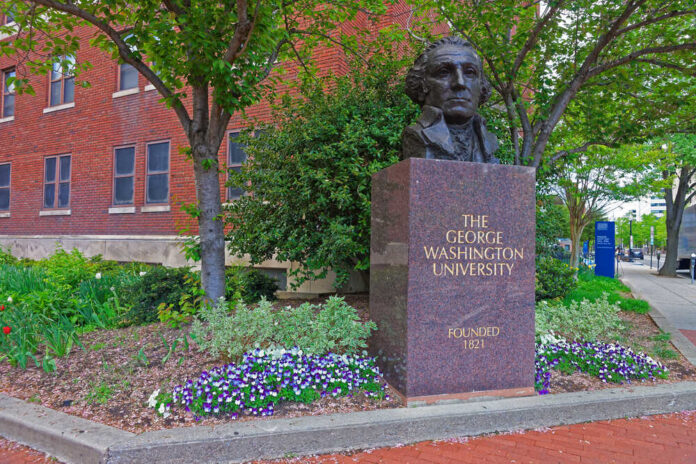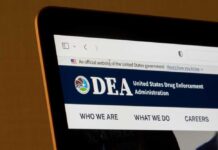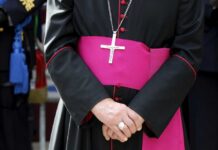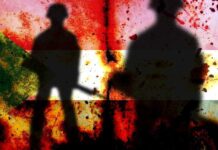In an opinion article he published on Wednesday, legal commentator Jonathan Turley highlighted what he deemed a “striking” aspect of the gag order in the Manhattan criminal case against the former president.
The decision shielded Trump’s ex-counsel, Michael Cohen, which startled Turley, a professor and attorney at George Washington University Law School.
Manhattan District Attorney Alvin Bragg has filed charges against the former president, claiming that he falsified financial documents about hush money payments made to adult film actress Stormy Daniels when he was running for president in 2016. Trump, the likely Republican candidate for president in 2024, has denied all accusations and said the prosecution is trying to frame him politically. Trump has disputed Daniels’ claims that they had intimate relations in 2006.
On Tuesday, Juan Merchan, the judge overseeing the criminal trial, issued a gag order prohibiting Trump from speaking publicly about anybody associated with the case except Merchan, Bragg, and himself. The order also protects Daniels and Cohen.
Following his guilty plea to eight charges, including campaign finance violations connected to the purported hush money conspiracy, Cohen was sentenced to jail time. Being a former member of Trump’s closest circle gives him unique insight, and he often appears on MSNBC to criticize the president. He will be an essential witness in Bragg’s case against the ex-president.
To paraphrase Turley, the gag order in this “legally flawed” case poses grave free speech questions, according to his piece.
To back up his claim that Cohen was actively engaged in a political campaign to block Trump, Turley said that Cohen has conducted countless interviews on this case as part of the legal campaign.
Because the odds always run against challenging such orders and appellate courts are disinclined to review them, the professor suggested that Trump’s legal team file an appeal of the gag order. According to legal scholar Turley, the order raises a valid free expression problem, and the higher courts should look at it.
Trump has not guilty pleas for the remaining three criminal charges against him. These charges include interfering with state and federal elections and hindering the government’s attempts to recover mishandled secret information. The ex-president has said that he knows these charges are politically motivated.














